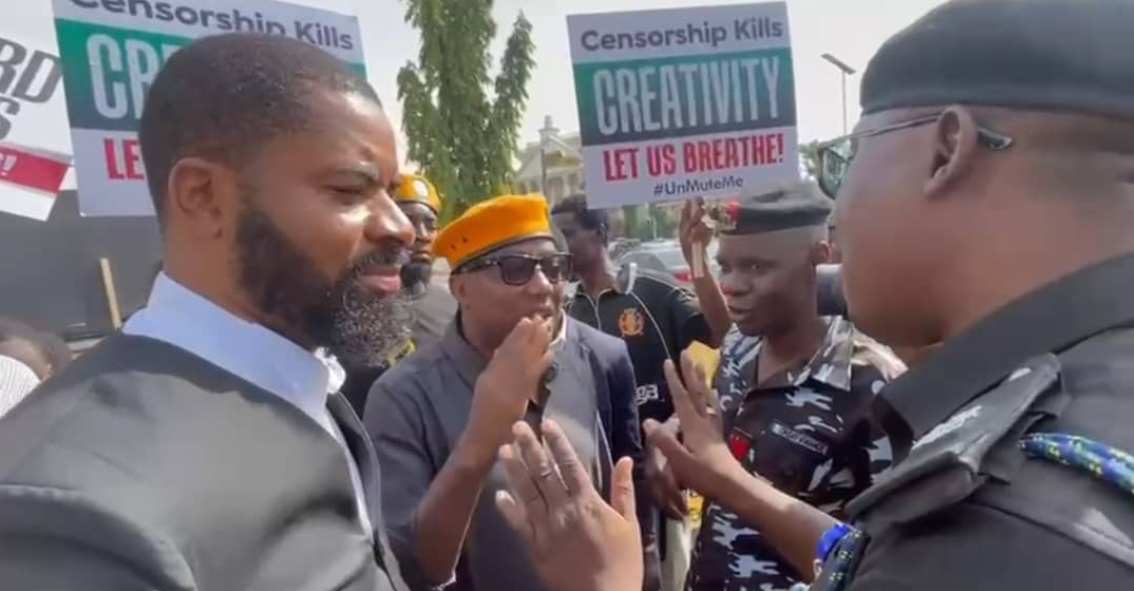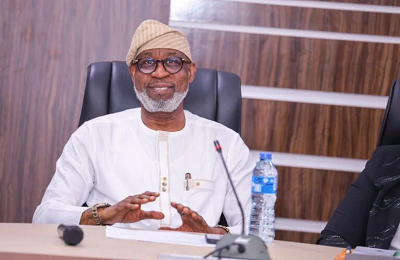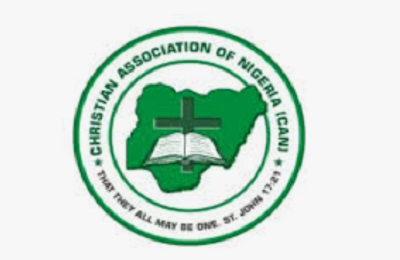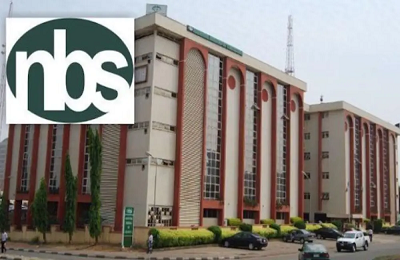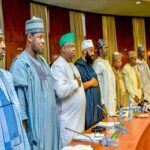Abuja – Defying official directives, protesters marched through streets in Abuja and Lagos on Monday, marking a significant day of Nigeria protests. The demonstrations, spearheaded by the Take It Back Movement, proceeded in the nation’s capital and its commercial hub despite stern warnings issued by the police force against the gatherings.
Eyewitness accounts from Abuja confirmed the presence of movement leader Omoyele Sowore and human rights lawyer Deji Adeyanju leading the demonstrators. They actively resisted police efforts to clear them from the streets. Simultaneously, in Lagos’ state capital, Ikeja, groups carried placards voicing their dissent. Reports from Port Harcourt, Rivers State, indicated a swift police response, with authorities reportedly using tear gas to disperse organizers at Isaac Boro Park before the protest could gain significant traction.
Police Challenge Protest Timing and Motive
The Nigeria Police Force had publicly condemned the decision to hold the protests, particularly as the date coincided with the government-designated National Police Day. In a formal statement, Force Public Relations Officer ACP Olumuyiwa Adejobi voiced serious concerns. He suggested the timing appeared calculated to disrupt the planned police celebrations and potentially damage the reputation of the force and the nation itself.
While acknowledging the constitutional right to peaceful assembly, the police statement questioned the specific choice of April 7th for the Nigeria protests. This date was set aside for an event celebrating police service, expected to host national and international dignitaries. The statement labelled the protest plan “ill-timed and mischievous,” urging organizers to cancel and pursue dialogue with government channels instead of street action.
Movement Points to Governance Concerns
Organizers from the Take It Back Movement defended their call for nationwide action. They stated the demonstrations were necessary to confront what they described as the “authoritarianism of President Bola Tinubu administration.” The group also cited ongoing concerns regarding human rights abuses and the application of the Cybercrime Act as key drivers for mobilizing the Nigeria protests, proceeding despite the official opposition.

